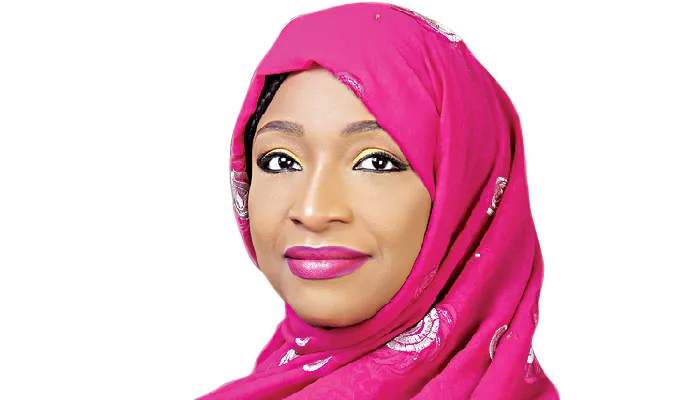
The Federal Government has unveiled plans to position the country’s creative and tourism sectors as key drivers of economic growth, with the potential to contribute at least $100 billion to the nation’s GDP.
This was announced by the Minister of Art, Culture, Tourism, and the Creative Economy, Hannatu Musawa, during a post-Federal Executive Council (FEC) media briefing in Abuja on Monday.
At the heart of this plan was the establishment of the Creative and Tourism Infrastructure Corporation (CTIC), a special-purpose vehicle designed to invest in and develop critical infrastructure for Nigeria’s creative and tourism industries.
The initiative, approved by the Federal Executive Council (FEC) chaired by President Bola Tinubu, would operate under a public-private partnership (PPP) framework, attracting both local and international investors to support its ambitious goals.
“The CTIC is not just a project; it’s a transformative agenda.We aim to unlock the immense potential of Nigeria’s creative and tourism industries, enhance economic growth, and project Nigeria’s cultural soft power globally,” she said.
Musawa outlined the government’s targets for the CTIC, to include: Contributing at least $100 billion to Nigeria’s GDP; creating over 2 million jobs with a focus on Nigeria’s vibrant youth population, and developing world-class infrastructure to support talent development, cultural preservation, and tourism growth.
“This is a deliberate strategy by President Bola Tinubu’s administration to diversify the economy beyond oil and tap into Nigeria’s vast creative and cultural wealth,” she said.
The minister emphasized that while Nigeria could boast of a wealth of creative talent and cultural heritage, the lack of supporting infrastructure has been a major barrier to fully realizing the sector’s economic potential.
“Everyone talks about Nigeria’s creativity. Our content is globally celebrated, from Nollywood to Afrobeats. But what we lack is the infrastructure to support and sustain this growth,” Musawa noted.
“Imagine the impact if events like December’s ‘Detty December’ in Lagos were backed by world-class infrastructure. The value would be exponential.”
The Minister revealed an array of projects under consideration to drive the sector’s growth, including: Abuja Resort Range and Abuja Creative City, revitalization of Yankari Game Reserve, development of 5,000 new cinema screens nationwide, Wole Soyinka Center for African Arts in Lagos, and a National Digital Distribution Network for creative content.
Others mentioned were upgrading the National Gallery of Art and expanding the National Arena to a 100,000-seat capacity, establishment of a Nigerian National Museum in Abuja, positioning Nollywood as a global film destination with dedicated production hubs, and a world-class music arena to support Nigeria’s booming music industry.
“It’s unthinkable that Nigeria, the Giant of Africa, doesn’t have a national museum in its capital city. We’re going to change that,” Musawa declared.
She also highlighted ongoing engagements with development partners and stakeholders worldwide to secure investments and adopt innovative financing models for the CTIC projects.
“The government is intentional about this. We’re not just waiting for foreign investments; we’re putting domestic financing structures in place and creating an environment where the private sector can thrive,” she said.
“Today marks the beginning of a journey to not just build infrastructure, but to shift the national mindset about the economic power of culture, creativity, and tourism,” Musawa stated, adding:“This is a new dawn for Nigeria’s creative and tourism industries.”
Please follow and like us:


